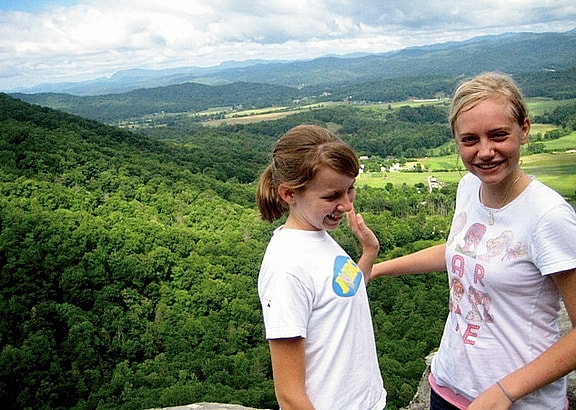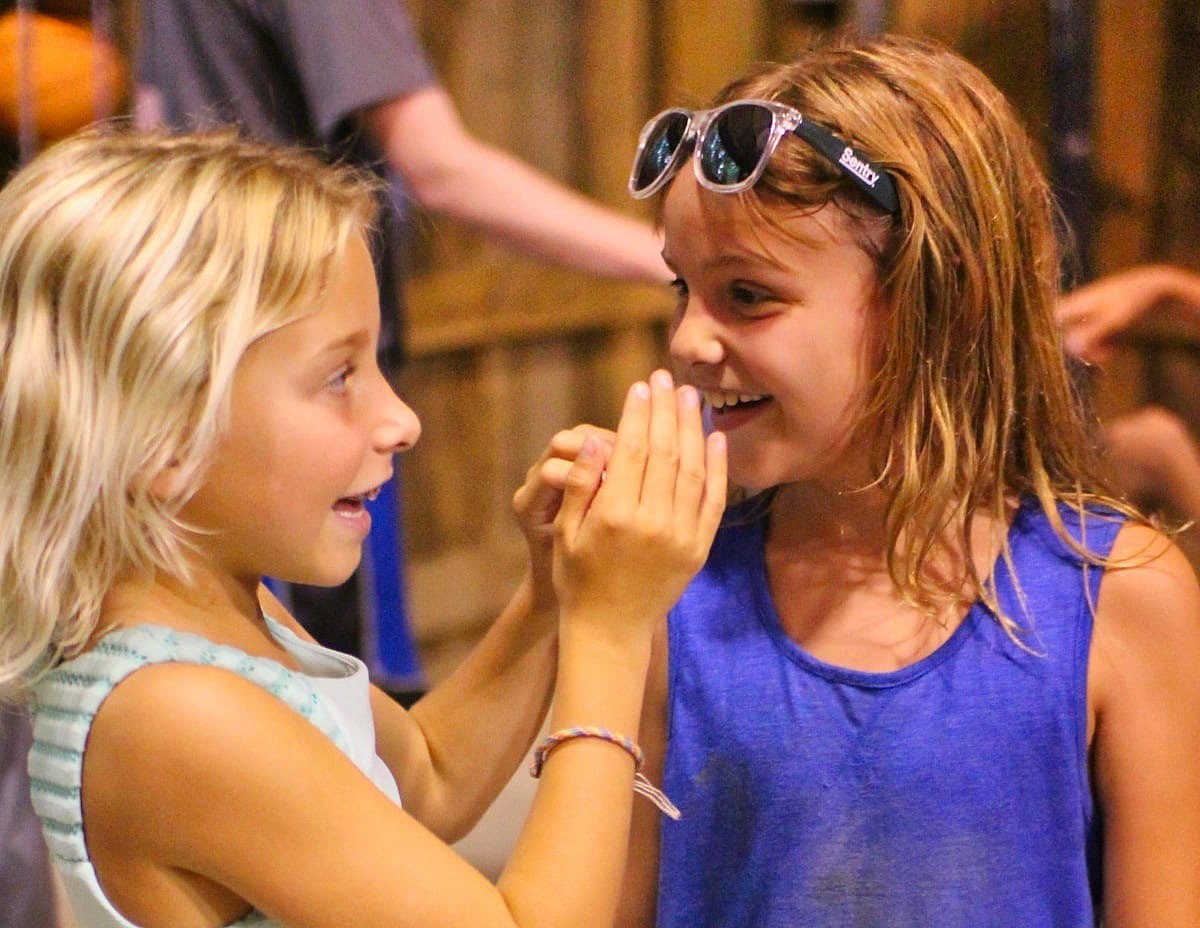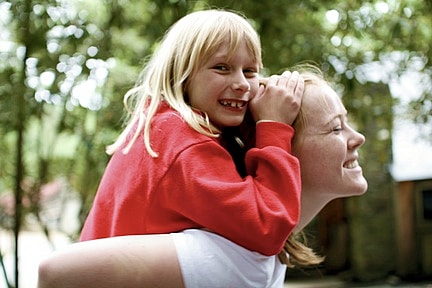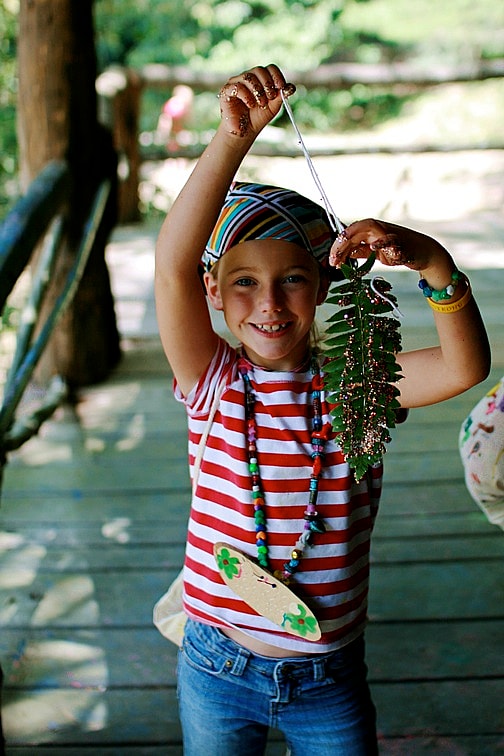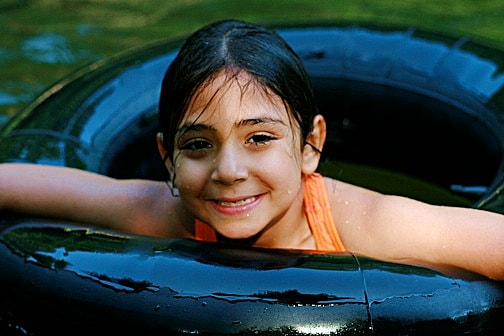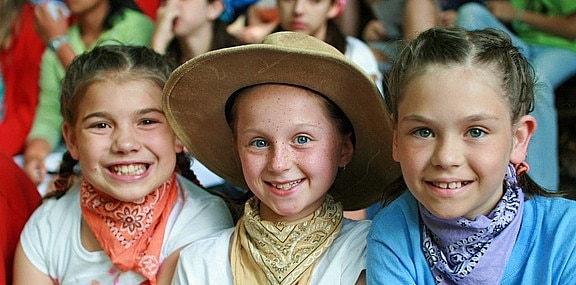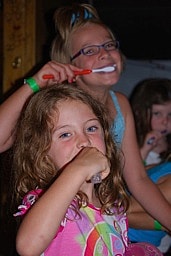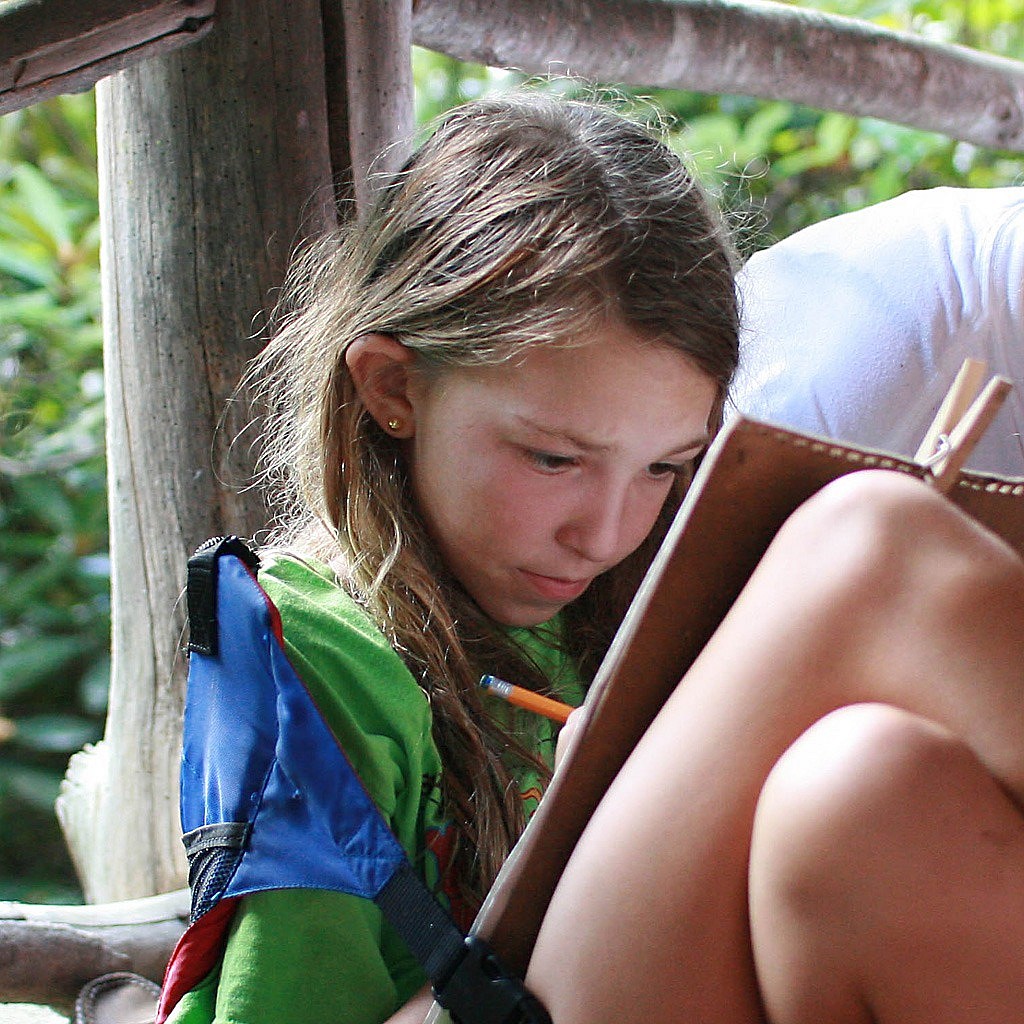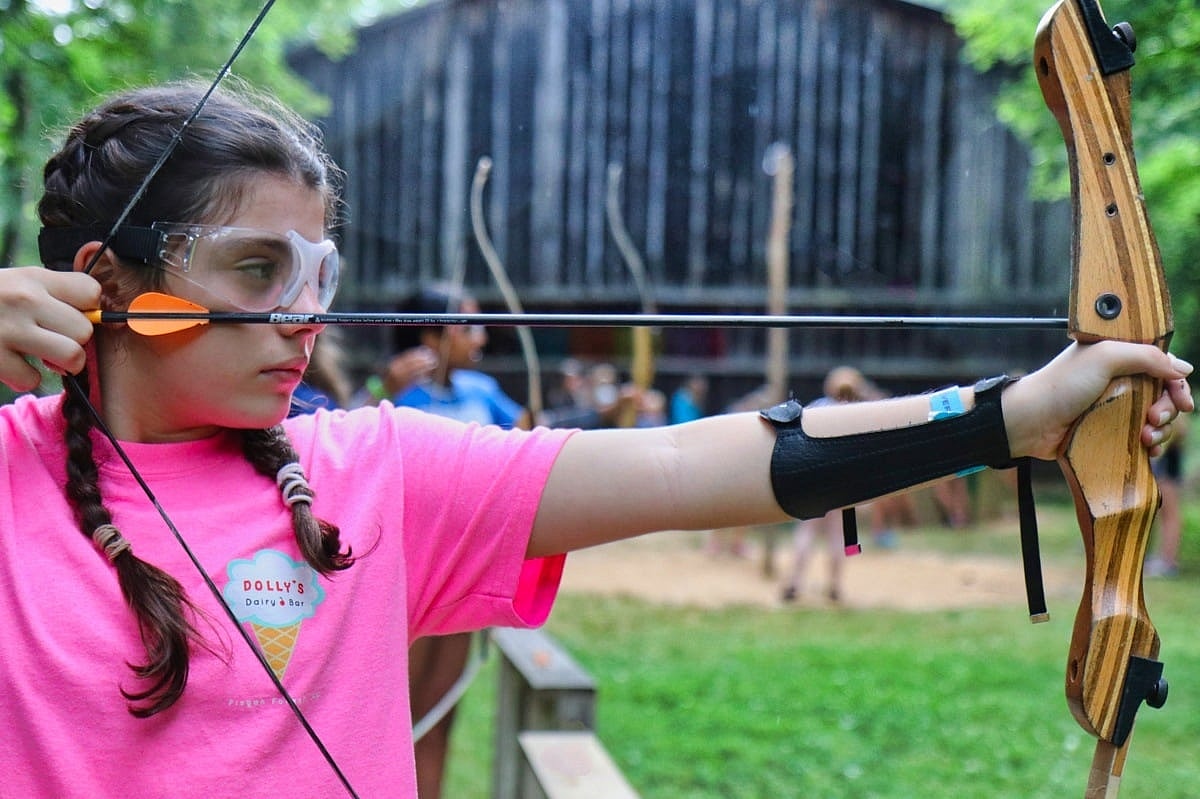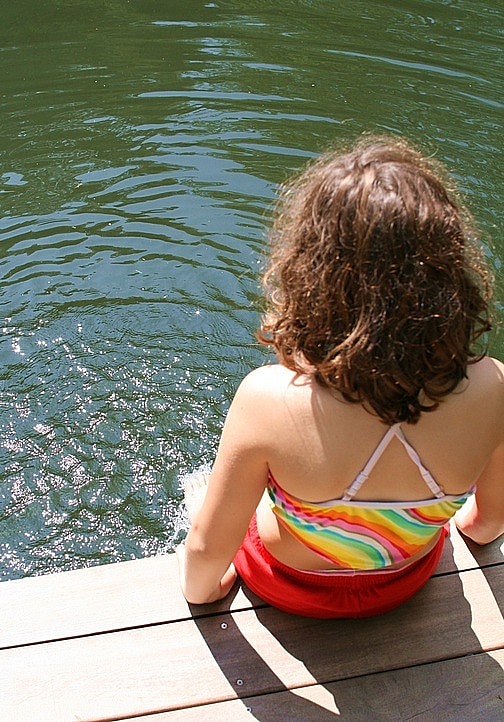In the recent debate over how many days kids should stay in school, it’s often claimed that they could learn more by shortening the summer vacation. More days studying math, science, arts and reading would make our kids more educated, it’s claimed. Certainly this is true; the more you study something, the better your competency in that subject. However, what is lost by taking time from summer and devoting it to further study? If we choose more school time, what are we neglecting as a result?
One thing that would clearly suffer, and something that summer camps are known to enhance, is time outside, sustained outdoor activity for kids. It’s during the summer that kids have the time and the permission to play outside. They can return to nature, explore all the amazing details of the environment, and really feel what so many of their ancestors felt outdoors. Being inside at school most of day, and for most of the days each year, there are very few opportunities for kids to enjoy outdoor activity. They suffer from what Richard Louv has now famously dubbed “Nature Deficit Disorder.” The psychological, personal and intellectual consequences of our kids losing touch of nature are now well understood, and are widely condemned. Extending our kid’s school year, and thereby further limiting their time outside in Nature deserves that same condemnation.
This is also an environmental protection issue. If we reduce the ability of our kids to experience and know the outdoors, we make it much less likely they will value and love it. If their Nature Deficit Disorder is made worse by reducing their time outside of school, they won’t feel strongly about the wonders Nature provides, and consequently they will feel less concern for protecting the environment. Not knowing and loving nature from their personal experience, they’ll be less apt to protect it. Here again, time outside (and away from school) makes kids more human. It provides another, equally important, form of education. Denying them opportunities to learn outside, even when in service of traditional academic learning, is a perilous position for us all.

